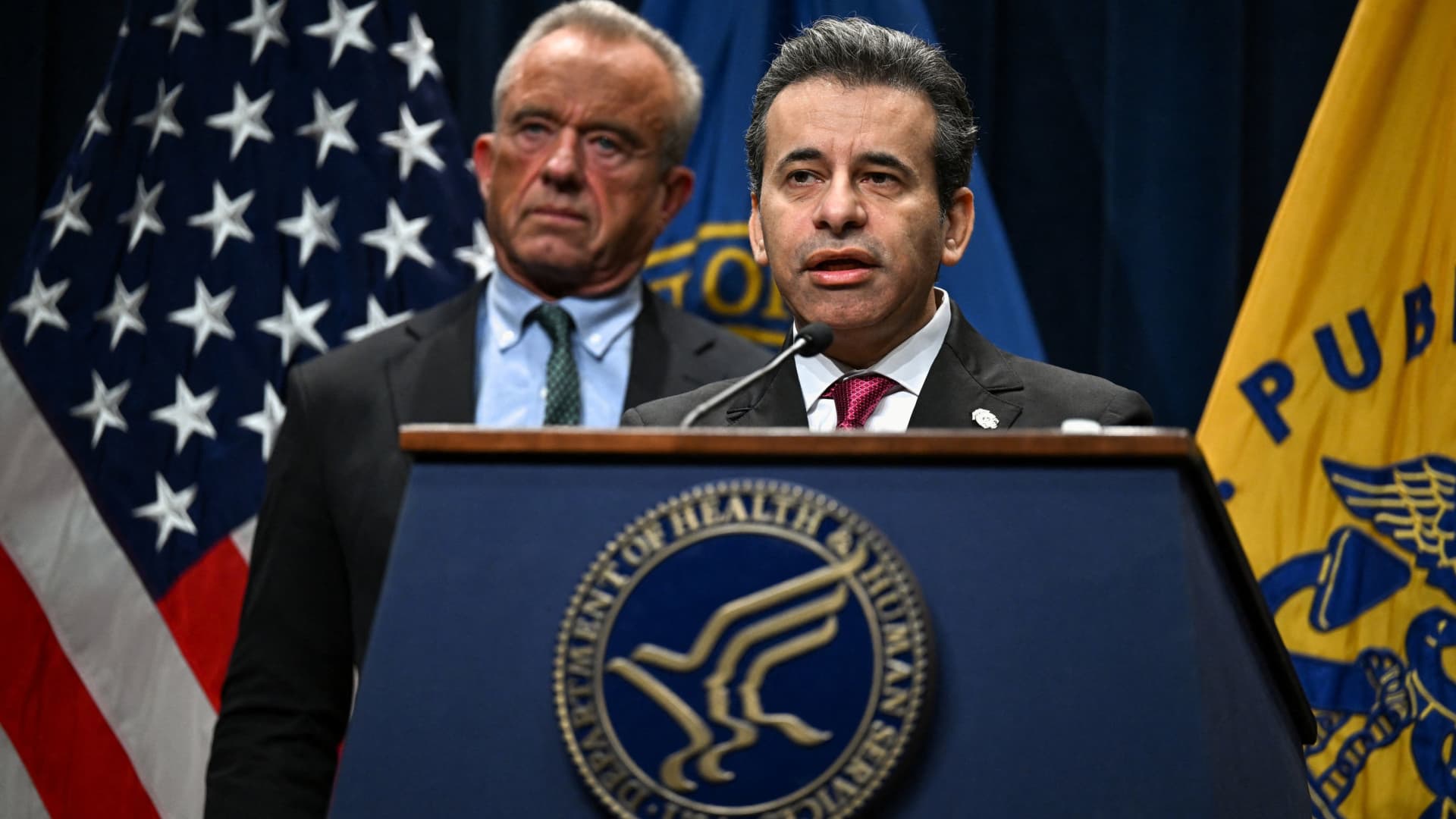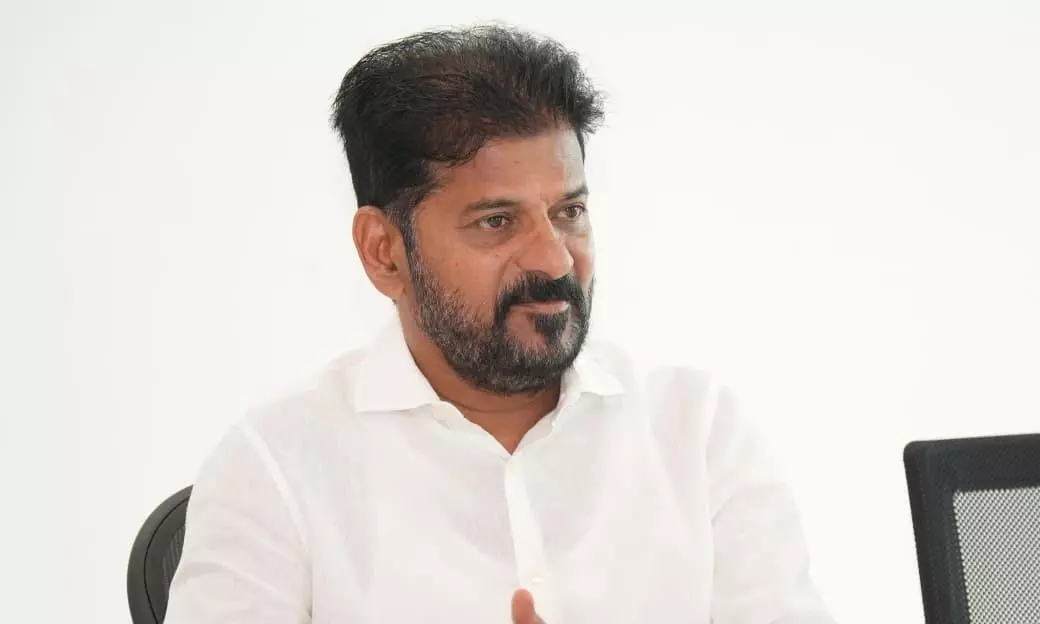Copyright San Diego Union-Tribune

A San Diego County sheriff’s deputy bickered with and mocked a mentally ill inmate whose wrists and ankles were shackled before shoving the inmate into the wall of a courthouse detention cell, causing a serious spinal fracture that required surgery and months of hospitalization, a prosecutor told a jury Tuesday during opening statements of the deputy’s trial in San Diego federal court. Jeremiah Manuyag Flores was indicted in January by a federal grand jury on suspicion of violating the civil rights of the 57-year-old inmate he allegedly injured. He also faces a charge of falsifying a record in a federal investigation in connection with the alleged excessive force that occurred in August 2024. An attorney for Flores told the jury that trial evidence will show Flores used what he believed at the time was a reasonable amount of force. The defense attorney told the jurors they must decide the case on what Flores perceived in the moment without the benefit of hindsight. San Diego Sheriff Kelly Martinez took the stand Tuesday after opening statements as the government’s first witness. She testified that she didn’t know Flores personally — or at least didn’t remember specifically ever meeting him. Martinez testified about the use-of-force training that Flores and other sheriff’s deputies receive and about her office’s use-of-force policies and procedures. She testified that according to internal documents from her office, Flores had received a refresher training on the proper use of force just two weeks before the incident at the heart of the trial. “The actions described in this case are unacceptable,” Martinez said in a statement in January when the indictment was announced. “Immediately upon hearing of the incident, an investigation was initiated, and Deputy Flores was placed on administrative assignment. The investigation led us to believe criminal actions occurred, and we presented the case to state and federal authorities.” According to a prosecution trial brief and testimony on Tuesday, Flores was hired by the Sheriff’s Office in May 2022 and, after attending a training academy, was assigned to the sheriff’s Court Services Bureau in March 2023. At the time of the alleged crime, he had been working about 18 months at the San Diego Central Courthouse, where he was assigned to escort restrained inmates from a basement holding area to holding cells on different floors of the building. Prosecutors said that after a hearing last August, Flores became increasingly agitated with a slow-moving inmate he was escorting and began grabbing his collar and pushing him from behind. In part because of the man’s mental health issues, he was heavily restrained with his ankles chained together, his wrists folded across his front and chained to his waist, and a chain connecting the wrist restraints and ankle restraints. Assistant U.S. Attorney Michael Deshong told the jury they will see evidence that other deputies had reacted calmly and de-escalated the situation when the same inmate had become agitated earlier that same day. At one point, the restrained man asked Flores why he was pushing him, to which Flores allegedly responded, “because you’re not walking normally.” Prosecutors alleged the inmate responded: “I’ve got chains on my legs, I don’t want to trip.” The two men allegedly continued to argue as they approached the holding cell. Flores allegedly put both hands on the man’s back “to push him even harder and faster down the hallway,” prosecutors wrote. The inmate allegedly shouted at Flores twice that he was going to fall. Deshong told the jury that when Flores and the inmate arrived at the holding cell, Flores aggressively pushed the inmate into the cell. “He stepped into it and shoved him with his body,” Deshong said, acting out the action for the jury. “Stumbling and unable to use his hands to catch himself, (the inmate) flew across the length of the cell, slammed into the wall and the bench on the other side, and collapsed to the ground, hitting his head a second time on the wall … as he fell,” Deshong and Assistant U.S. Attorney Seth Askins wrote in the trial brief. Defense attorney Miguel Peñalosa told the jurors that the main question of law is not whether Flores shoved the inmate too aggressively, but whether he had “specific intent” to violate his constitutional rights. Peñalosa also told the jury that the inmate’s injuries didn’t necessarily prove his client used excessive force. “Minor force can cause excessive injury,” the defense attorney said. “… Mr. Flores did not intend to hurt anybody.” Prosecutors alleged that afterward, Flores did not report his use of force as required. For two hours, the inmate remained on the ground with blood smeared on his forehead and pooling on the ground near his head, according to prosecutors. Deshong told the jury that another deputy who watched the incident unfold live on a security camera told Flores twice that he should write a use-of-force report, but Flores did not do so. In a report written after the inmate had been taken to a hospital, Flores allegedly wrote that he had “nudged him lightly” and that “no force was used.” Deshong told the jury the inmate suffered a fractured spine that required surgery because there was blood in his spinal column. The prosecutor said that because Flores did not report his use of force, it took “pure luck” for his supervisors to learn of the incident. Three days after the inmate was injured, a sheriff’s sergeant working overtime was assigned to guard the inmate at the hospital, according to prosecutors. The sergeant happened to be responsible for overseeing all use-of-force incidents at the Central Courthouse. Prosecutors said that when the sergeant overheard the inmate telling a doctor that he’d been shoved by a deputy at the courthouse, he realized he had not reviewed such a case and launched an investigation. “The defendant’s silence and lies were finally penetrated,” Deshong told the jury. Flores faces up to 10 years in prison if convicted of the civil rights charge and up to 20 years if convicted of falsifying a record in a federal investigation.



